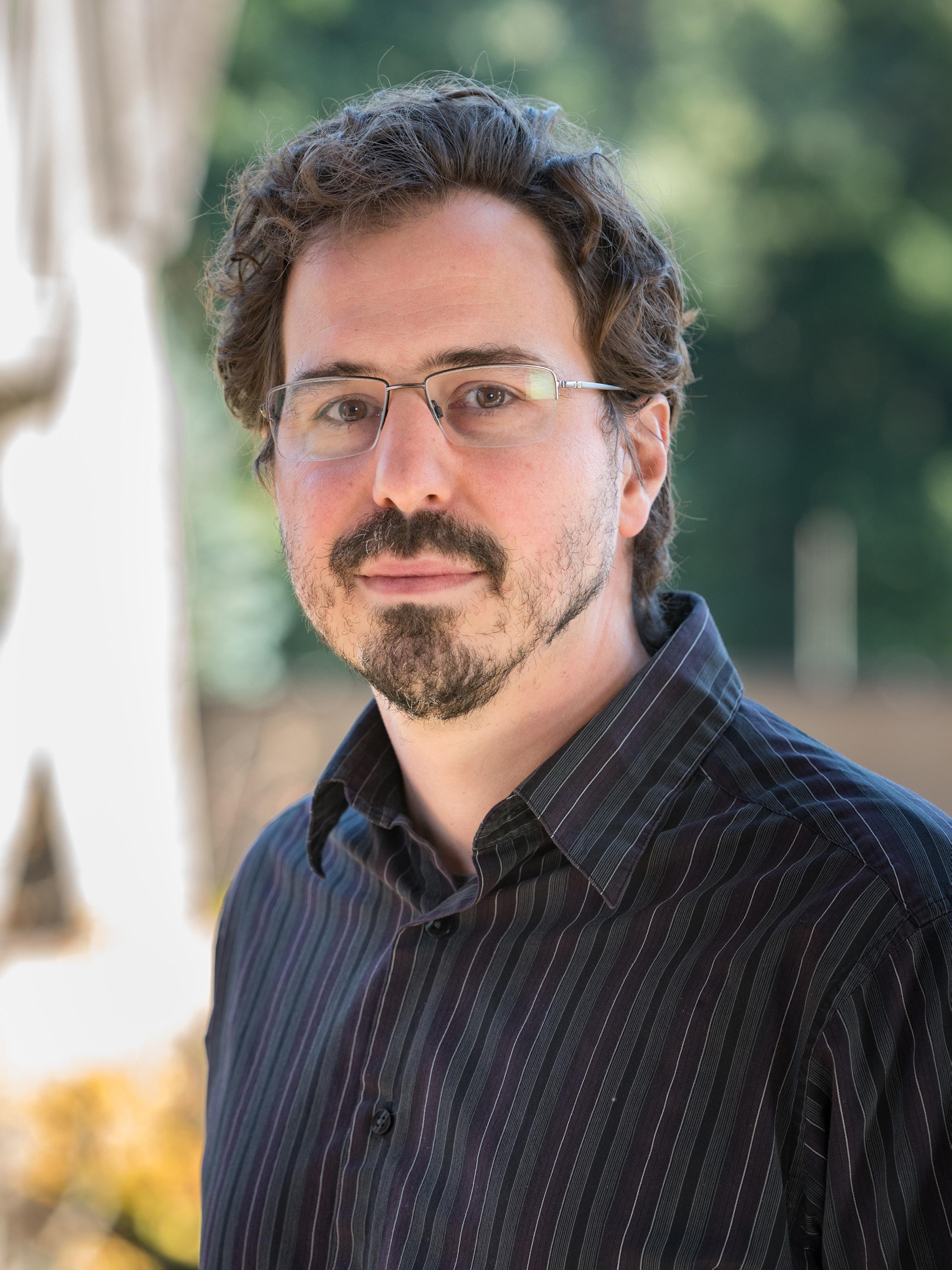
1 minute read
Faculty Research
Andrew Barenberg
As an economics professor, I consistently emphasize the significance of economics as a tool for becoming well-informed citizens. At St. Martin’s University, I have the opportunity to underscore this importance by teaching specialized courses within our unique CORE program.
The CORE program at St. Martin’s University comprises liberal arts courses grounded in Benedictine values, exposing students to diverse fields of thought through topical and issue-based classes. Some of the courses I have developed for the CORE program include Economics of Race, Economics of the City, and Ecological Economics.
Two economic concepts consistently arise in these courses. First, is the determination of causality: how do economists examine causal relationships? In each course, we review research papers that utilize natural experiments to establish causal relationships. Some of the questions addressed in these papers include:
- What impact did the reduction of traffic pollution due to the New Jersey EZPass toll system have on nearby infant birth outcomes?
- How does the provision of parking with housing influence rates of biking, bus use, and walking?
- What are the effects of market-rate housing construction on gentrification or displacement?
A second economic concept explored in each class is the analysis of effects up to their equilibrium outcomes. For example, in Economics of the City, students examine how new construction generates ripples in the city’s housing prices or how increased density can influence agglomeration effects and productivity.
Consistent with all CORE courses, these classes are driven by Benedictine values. A central value that connects all three courses is hospitality, embracing the belief that “all should be welcomed as Christ.” Through economics, we observe not only how individuals suffer when excluded but also how society as a whole is negatively affected when some individuals are denied the opportunity to fully develop their Godgiven talents. In Economics of Race, we study the postbellum denial of land to African Americans and the resulting sharecropping system, which perpetuated poverty and hindered economic growth. In Economics of the City, we examine evidence suggesting that diversity enhances innovation and growth.
In the Ecological Economics course I am currently concluding, students actively seek answers by engaging in in-class debates. Topics debated include whether we should subsidize electric vehicles, implement a carbon tax, or if the developed world has a moral obligation to lead efforts in preventing climate change. Students spent much of the semester preparing for these debates, allowing them to thoroughly explore the topics from multiple perspectives and apply economic concepts to support their arguments.
The opportunity to offer such distinctive courses rooted in Benedictine values is a truly rewarding aspect of teaching at St. Martin’s University.










